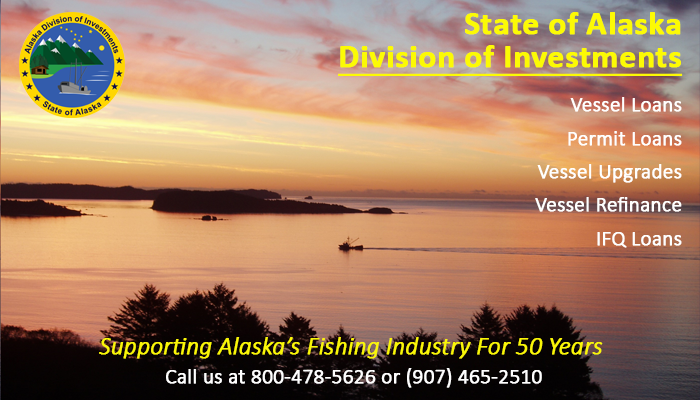Seawatch by Cristy Fry
April 29, 2021
NOAA Fisheries has been pushing back against what it calls “disinformation” about a picture circulating on social media lately of two orca whales taken as bycatch in a trawl net in Alaska.
They don't dispute that the photo is real, or say that the incident didn't happen, just that it is exceedingly rare and not a particular cause for concern about the species.
NOAA Office of Law Enforcement has confirmed that the photo is from an April 2020 incident. In that case, there were two independent fisheries observers aboard the vessel. The orca takes were reported promptly by the observers and vessel owner/operator to NOAA Fisheries, as required.
There are no recent reports of orcas being taken in trawl nets.
In a press statement, NOAA says that “The United States’ science-based fishery management process is designed to provide optimum yield while preventing overfishing, minimizing bycatch, and protecting habitats where fish live. Section 118 of the Marine Mammal Protection Act allows for the incidental, but not intentional, takes of marine mammals in commercial fisheries.”
The unusual statement from NOAA comes as a documentary that has drawn the ire of commercial fishermen and some head-scratching from marine biologists, called “Seaspiracy,” broke the Top 10 list on Netflix this month.
Made by British filmaker Ali Tabrizi, the film essentially asserts that there is no such thing as a sustainable
The film highlights some known bad actors such fishermen who kill hundreds of thousands of sharks every year just for their fins for shark fin soup in Asia, but notably fails to mention a single fishery in Alaska.
The science page of online magazine Inverse interviewed Bryce Stewart, a marine ecologist and fisheries biologist with the University of York in England, who summed it up succinctly: “The biggest error (in the film) is to say that sustainable fisheries don't exist. This is like saying that sustainable agriculture doesn't exist.”
He continued, “All food production systems have an impact on the natural world, but obviously some more than others.”
He added that the most recent assessment by the United Nations Food and Agricultural Organization calculated that 65.8 percent of fish stocks were being harvested sustainably, and that 78.7 percent of all landings of marine fisheries come from biologically sustainable stocks.
Which is not to say that problems don't exist, according to Stewart.
“Approximately 34 percent of fish stocks are now over-fished, and this proportion has increased from only 10 percent in 1990,” he said.
This article also appears in the Homer News. Cristy Fry can be reached at [email protected].






